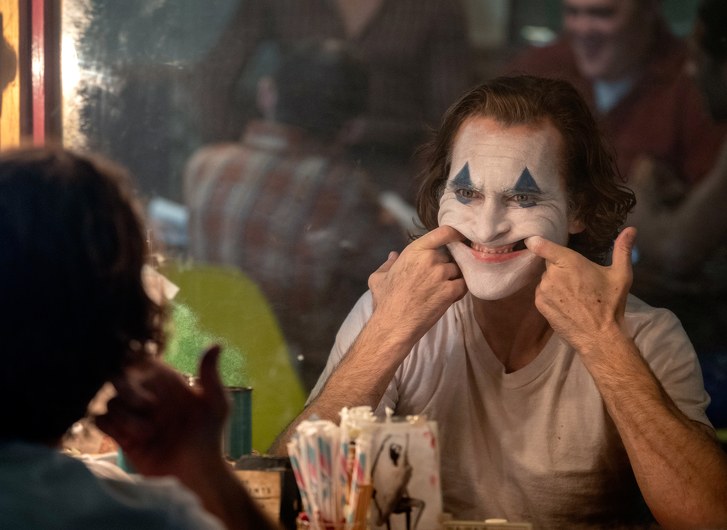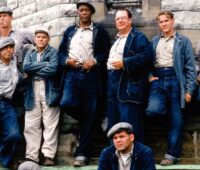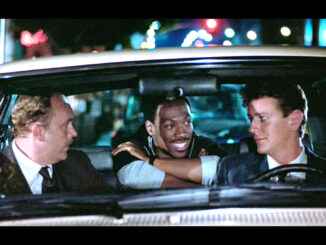
When American director Todd Phillips was in the midst of filming “Joker,” he likely knew that the clever script and amazing performance by Joaquin Phoenix would make a deeply entertaining experience at movie theaters, but he was probably not ready for the reaction by cultural critics who drew comparisons to “Fight Club,” the 1999 cult film that has become a standard for evaluating toxic male behavior.
Interestingly, toxic male behavior is a major plot point in “Joker,” but certainly not as a celebration of it. The antihero of the eponymous film turns to crime, violence, and mayhem as a result of being attacked on a subway car by a group of reproachable men. The deep feelings of societal inadequacy felt by the man who eventually becomes the Joker are exacerbated by toxic male behavior.
“Joker” is destined to become another “Fight Club,” “Taxi Driver,” or “Reservoir Dogs,” and it has already inspired film fans to start reviewing the vast cannon of movies that critique the psychology of masculinity, and they are looking for something that goes deeper into sociopolitical analysis, something that “Joker” only touched on. The modern candidate in this regard is the HBO series “Watchmen,” which is an expansion of the 2009 film version of a graphic novel from the mid-1980s.
In “Watchmen,” the superhero known as Rorschach has sadly become an icon to terrorist organizations. In the original comic book, Rorschach was a man plagued by inadequacies, mental turmoil, and rage. Unfortunately, there is nothing he can do to prevent what others have made of his image; the ultimate feeling of inadequacy and feeling powerless.
The comparisons between “Joker” and “Taxi Driver” have prompted independent cinema operators to put together film noir festivals, and the recent one at Chicago’s Music Box Theater was very successful thanks to “Joker.” Film noir is a genre that gets deep into analysis of the troubled male psyche, particularly with the trope of private detectives who have seen too much and gone through a lot of turmoil in their lives. These antiheroes, who often get into trouble because they know they do not have anything more to lose, are very aware that toxic male behavior is what got them into despair in the first place; they feel powerless against it, but they are willing to fight it even if it is the last thing they are able to do in their sad lives.














Leave a Reply
Be the First to Comment!
You must be logged in to post a comment.
You must be logged in to post a comment.